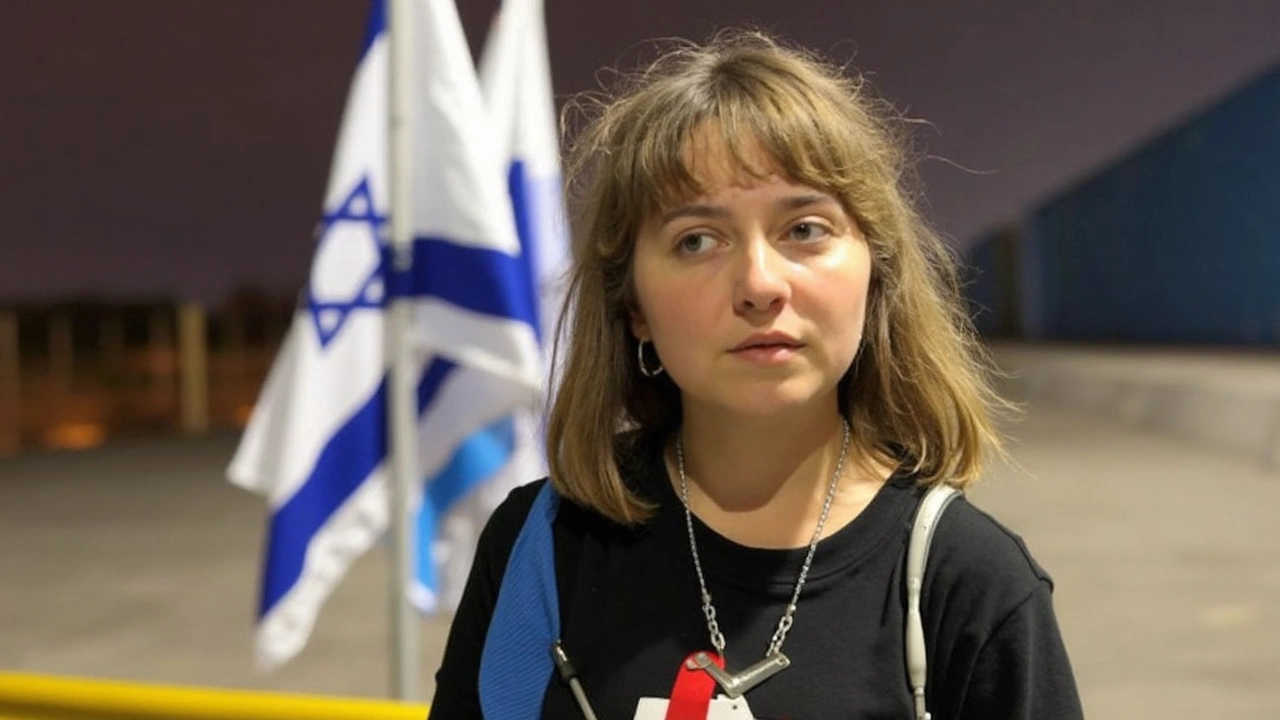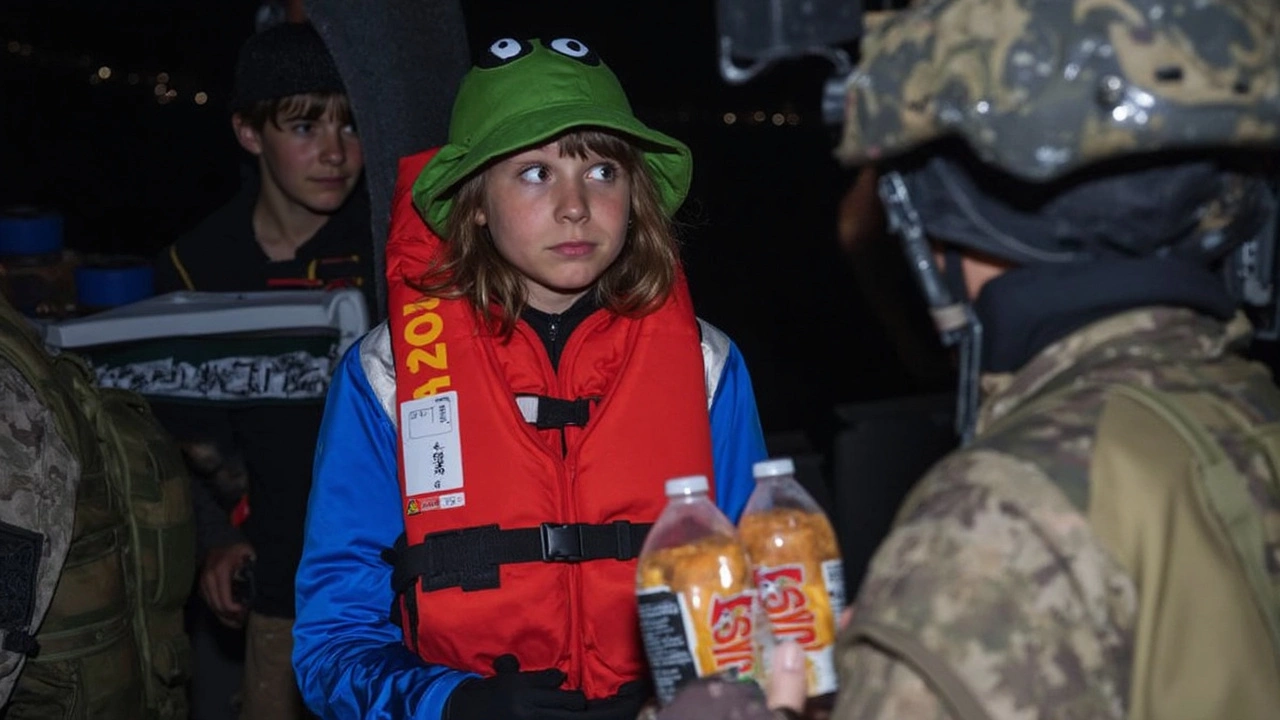Israeli Navy Halts Gaza Aid Mission, Detains Greta Thunberg and Global Activists
Just after dawn on June 9, the Israeli Navy executed a high-profile operation on the open waters of the eastern Mediterranean. Their target? The Madleen, a British-flagged yacht packed with humanitarian supplies and steered by an international crew of activists set on challenging Israel’s years-long blockade of Gaza. Among those on board was perhaps the world’s most recognizable young activist: Greta Thunberg.
The vessel was part of the Freedom Flotilla Coalition, a group synonymous with attempts to breach the blockade by delivering symbolic and practical aid directly to Gaza. This time, their cargo was simple yet desperately needed—packs of rice, powdered milk, and baby formula, all in short supply after months of ongoing conflict and chronic restrictions on goods entering Gaza.
Once intercepted in what activists claim was international waters, Israeli naval forces boarded the Madleen. The 12 passengers, taken by surprise, were detained and brought to the port of Ashdod. Knowing the risks of their mission, the group had prepared a video in advance; Thunberg’s message was clear and uncompromising: “If you see this video, we have been intercepted and kidnapped in international waters by Israeli occupational forces.”

Who Stayed, Who Left, and What Happens Next?
After the initial detention, Israeli authorities wasted no time. Four of the activists agreed to leave the country and were swiftly escorted to Ben Gurion Airport. Greta Thunberg was among them—her brief stint in detention ending with deportation proceedings. Eight others, however, adopted a different strategy. Among them: French European Parliament member Rima Hassan and Al Jazeera journalist Omar Faiad. Refusing to sign deportation papers, they chose to challenge their expulsion in Israeli courts, remaining in detention pending judicial review.
Israel’s Interior Minister, Moshe Arbel, painted the flotilla’s mission in stark terms. He dismissed the voyage as a “provocative protest flotilla,” insisting it posed a challenge to what he called Israel’s national sovereignty. Arbel and other officials signaled that none of these detainees would be allowed formal entry into Israel under any circumstances.
For its part, Israel’s Foreign Ministry moved to downplay criticisms about the activists’ treatment, issuing a statement that those detained were supplied with sandwiches and water. But this kind of messaging did little to halt the flow of concern—or criticism—coming from around the world.
Defense Minister Yoav Gallant escalated the rhetoric, accusing the flotilla participants of ignoring Hamas’s role in the ongoing conflict. Meanwhile, on the international stage, a familiar face weighed in: U.S. President Donald Trump brushed off the interception, telling reporters that “Israel has enough problems without kidnapping Greta Thunberg,” reflecting a blend of exasperation and unwillingness to intervene directly.
The fate of the eight detainees unwilling to sign off on deportation could set a new precedent for similar activists in the future. Legal experts and human rights organizations are already circling, waiting to see if Israel’s courts will have any sympathy for the Europeans and journalists behind bars.
This episode is the latest in a string of confrontations at sea—a recurring pattern since Israel imposed a naval blockade on Gaza at the start of its conflict with Hamas. Despite repeated international warnings and prior flotilla seizures, each new mission seems to draw even more attention, both to the plight of Gaza’s civilians and to the intensifying debate over the legitimacy and consequences of the blockade itself.
